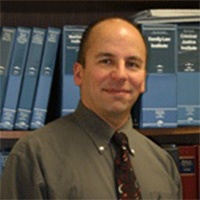Deerwood DUI-DWI Lawyer, Minnesota
Sponsored Law Firm
-
 x
x

Click For More Info:
-
Carlson & Jones, P.A.
215 E Highway 55 Suite 201 Buffalo, MN 55313» view mapCriminal Defense Law Strong Legal Representation
Our comprehensive approach is designed to help clients get the best resolution possible, as quickly and efficiently as possible.
800-992-6980
Not enough matches for Deerwood DUI-DWI lawyer.
Below are all Deerwood Criminal lawyers.
Edward R Shaw
✓ VERIFIEDDivorce & Family Law, Criminal, Real Estate, Estate, Bankruptcy & Debt
The Law Office of Attorney Edward R. Shaw is located in Brainerd, Minnesota and has been serving the Brainerd Lakes Area and surrounding counties with... (more)
Allen J. Peterson
✓ VERIFIEDCriminal, Divorce & Family Law, Traffic, Estate Planning, Wills
Minnesota Native Allen J. Peterson is a 2017 graduate of the University of St. Thomas – School of Law. Allen was born September 24, 1991 in Dakota C... (more)
 Robert Jones Buffalo, MN
Robert Jones Buffalo, MN Practice AreasExpertise
Practice AreasExpertise


